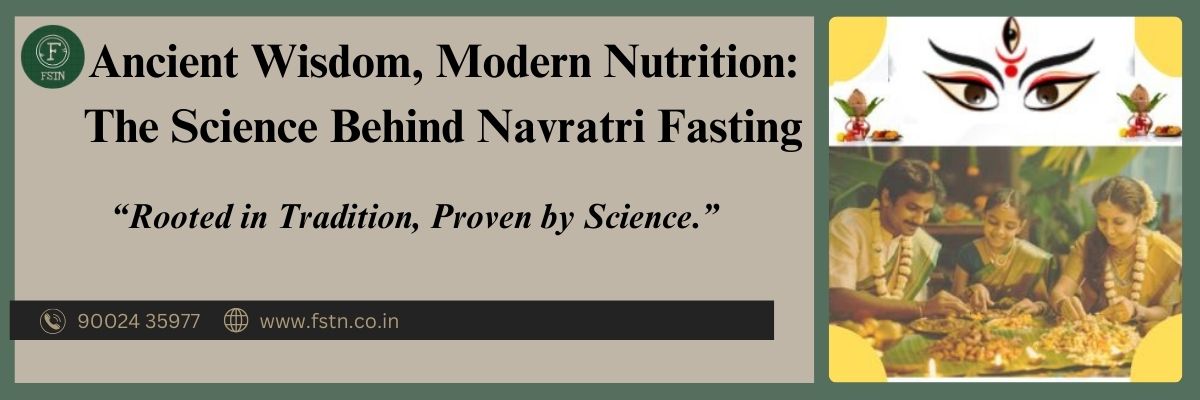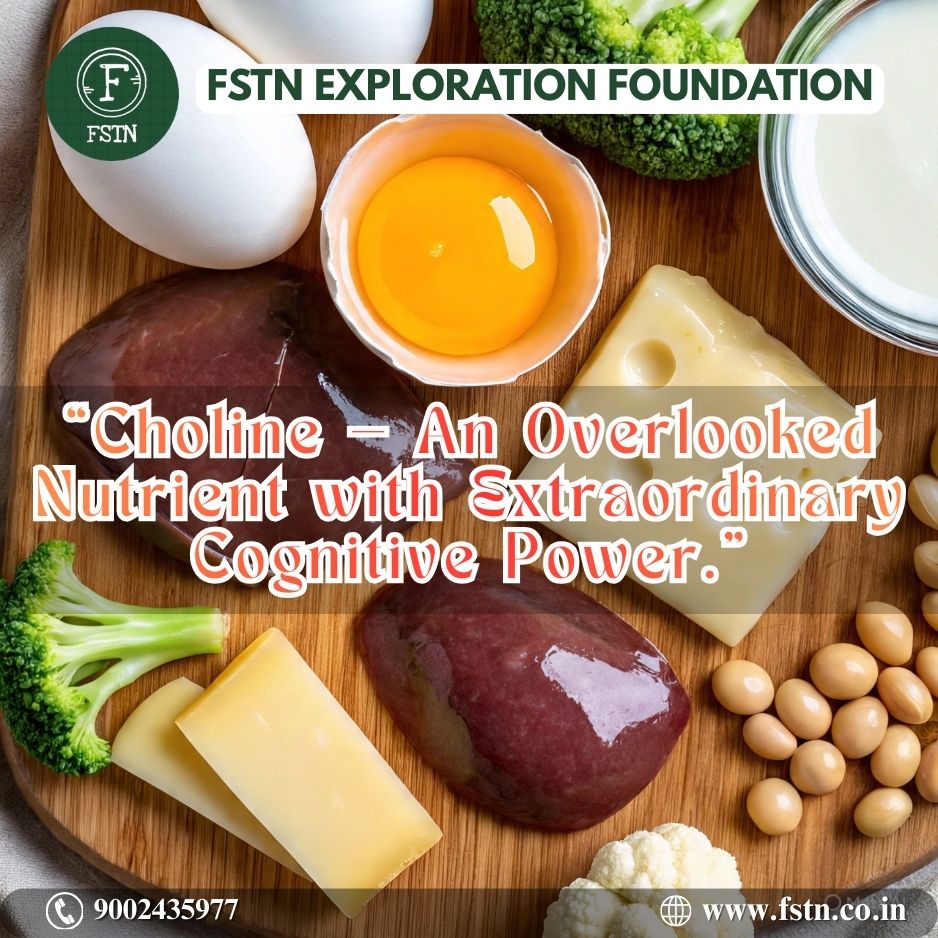Navratri, one of the most celebrated Indian festivals, is not just a time of devotion but also a period of mindful eating. Ancient Hindu wisdom views fasting not as deprivation but as a conscious practice that allows the digestive system to rest while providing balanced nourishment. The traditional fasting foods consumed during these nine days hold deep-rooted significance that goes beyond religious beliefs—they reflect a blend of ancient wisdom and modern nutrition science.
The Science of Fasting
Fasting gives the digestive system a break, allowing the body to focus on repair and detoxification. Modern research shows that short-term fasting can improve insulin sensitivity, promote fat metabolism and even enhance mental clarity—benefits that align with Ayurveda’s emphasis on balance and purification.
Fasting Rituals and Rules
Fasting during Navratri isn’t just about food. Rituals emphasize starting the day early with prayers and maintaining a peaceful, ‘Sattvik’ lifestyle.
- Meals should be simple, light and freshly prepared which is calming for both body and mind, supporting spiritual focus and physical balance. Even regular salt is avoided—Sendha namak (rock salt) is preferred.
- Devotees avoid non-vegetarian foods, alcohol and processed products, focusing on a mindful and spiritual experience.
- Avoiding heavy grains like wheat and rice, as well as avoidance of stimulating or Tamasic Foods like onion, garlic and meat, helps devotees maintain mental clarity and physical well-being during the nine-day fast.
Food Choices During Navratri
Unlike a strict water fast, Navratri fasting permits a variety of wholesome foods that provide energy and nourishment. The festival encourages choosing complex, nutrient-dense foods. The concept of “Sattvik” foods lies at the heart of Navratri fasting.
- Foods like Pseudo-cereals such as kuttu (buckwheat), sabudana, singhara (water chestnut) and amaranth (rajgira) are traditionally believed to sustain energy and promote purity.
- Vegetables like pumpkin, bottle gourd and sweet potato offer dietary fiber, vitamins and minerals.
- Dairy products like paneer, milk, and curd fulfill the required protein intake in this time.
- Nuts and seeds provide healthy fats to keep energy stable.
- Proper hydration through coconut water, lemon water and buttermilk maintain nutritional balance.
This thoughtful combination of foods prevents fatigue, muscle loss and nutrient deficiencies while cultivating a sense of lightness and detoxification.
Fasting as a Wellness Ritual
Navratri is a time of devotion, discipline, and celebration. Along with spiritual practices, the nine days of fasting bring a unique opportunity to cleanse and rejuvenate the body. Interestingly, the food traditions associated with Navratri are not only culturally significant but also backed by sound nutrition science. The emphasis on seasonal, wholesome and easily digestible foods mirrors today’s focus on clean eating and metabolic health. By honoring these age-old dietary practices and aligning them with modern nutritional insights, we can celebrate the Navratri festival in a way that nurtures both devotion and well-being.



